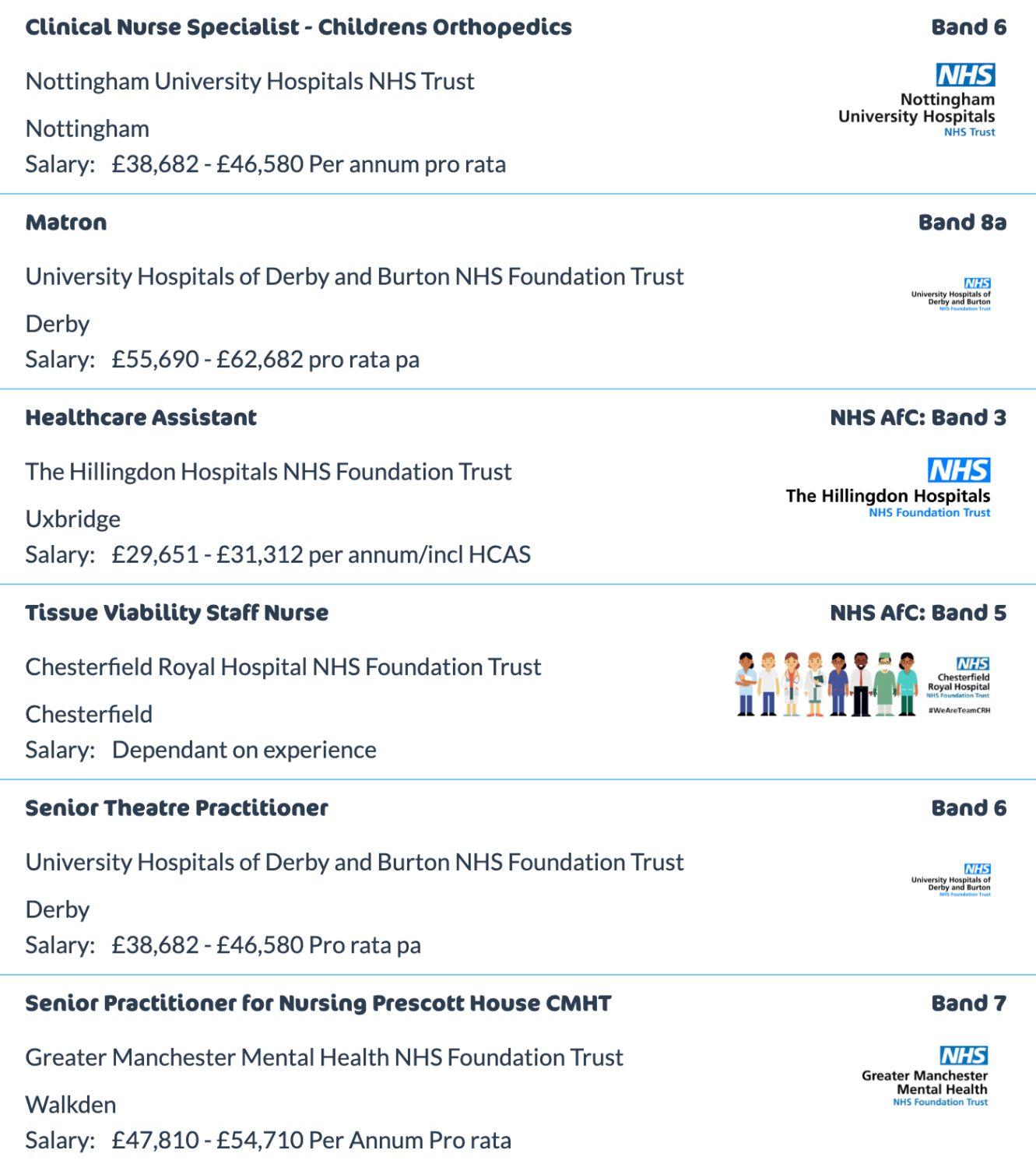Thinking of starting a nursing career in the UK? With a base salary of 47 LPA, you’re in for a fulfilling and financially stable career.
The demand for nurses across the UK is high. The National Health Service and the private sector are facing a workforce shortage.
If you’re looking into a nursing career in the UK, now is the best time to explore.
In this blog, we will take you through the nursing career in the UK.
Buckle up as we dive into salaries, career growth, and work benefits.
Why is the UK A Strong Bet in 2025
Career Scope and Opportunities
The nursing profession in the UK is dynamic. There is a wide range of roles and specializations to suit different interests and skills. The career path for nurses is well-defined. This allows for continuous professional development and advancement.
High-Demand Specializations
Certain nursing specializations are particularly sought after in the UK. These include:
- Mental Health Nursing
- Adult Care
- Emergency Services
- Theatre Nurses
- Paediatrics
- Specialist areas
- Community services

Career Progression
You’ll find a well-structured career path for nurses in the UK. This is especially the case within the NHS. You can start your career in a general role. With experience and training, you can move into more senior and specialized positions. The progression can lead to roles such as
- Senior Sister/Charge Nurse
- Nurse Practitioner
- Managerial positions within a hospital
Pay Scale and Salary Structure
The UK provides competitive and structured salaries for nurses.. The pay structure is transparent. This allows for clear progression based on experience and skills.
The NHS Agenda for Change
The NHS uses a banding system called 'Agenda for Change' (AfC) to determine salaries for its staff. This system was introduced in 2004 to ensure equal pay for work of equal value. The bands are updated regularly. Recent pay rises reflect the increasing cost of living and the value of nursing professionals.
Here's a simplified breakdown of the NHS pay bands for 2025-2026, reflecting the pay rise announced in May 2025 :
| Pay Band | Experience Level | Annual Salary Range | Role Examples |
| Band 5 | Newly Qualified Nurse | £31,048 - £37,796 (INR 36.5 - 44.6 LPA) | Staff Nurse Community Nurse |
| Band 6 | Specialist Nurse Senior Nurse | £38,638 - £46,581 (INR 45.5 - 54.8 LPA) | Junior Sister Specialist Nurse Health Visitor |
| Band 7 | Advanced Nurse Team Manager | £47,809 - £54,710 (INR 56.4 - 64.5 LPA) | Senior Sister Charge Nurse Advanced Nurse Practitioner |
| Band 8a/8b | Modern Matron Chief Nurse | £55,689 - £74,897 (INR 65.7 - 88.3 LPA) | Nurse Consultant Matron |
| Band 8c/8d/9 | High-Level Management | £76,964 - £125,637 (INR 90 - 1.48 cr) | Head of Nursing Director of Nursing |
It is clear that a nurse's salary increases with experience. A newly qualified nurse starts at Band 5. With specialization and experience, they can progress to higher bands with significantly higher pay. The average salary for a nurse in the UK is estimated to be between £37,000 and £42,000 per year.
London weighting (“High-Cost Area Supplements”)
If you work in and around London, you receive an addition to basic pay:
- Inner London: 20% (min £5,609, max £8,466)
- Outer London: 15% (min £4,714, max £5,941)
- Fringe: 5% (min £1,303, max £2,198)
Private Sector vs. NHS Pay
The NHS offers a structured and predictable salary. In the private sector, you can get more variability. Private sector employers are:
- Private healthcare organizations
- Charities
- Schools
The primary advantage of the NHS is its stability and transparent pay progression. In the private sector, while there might be opportunities for higher earnings, there is less job security and no guaranteed annual pay rises like those often implemented in the NHS.
Working hours, shifts & extras
Full-time hours on AfC are typically 37.5 hours per week in places like:
- England
- Wales
- Northern Ireland
Shift patterns can vary. Many services run 12-hour days/nights. Community and outpatient areas may use shorter shifts. Working during bank holidays and weekends can also get you extra income.
Comprehensive Benefits Package
The extensive benefits package for nurses is one of the most attractive parts of a nursing career in the UK. These benefits make the compensation and work-life balance for nurses even better.
Key Benefits
- The NHS offers a comprehensive pension scheme. This ensures your long-term financial benefit.
- You get around 27 days of paid leave per year. And don’t forget the public holidays.
- Paid sick Leave and support to employees during times of illness.
- Maternity and paternity leave and benefits.
- Many nursing roles offer flexibility and part-time options.
- For even greater flexibility and higher hourly rates, you can work as an agency or bank nurse. This allows nurses to pick up extra shifts as needed, and that too at an enhanced pay rate.
Checklist For International Applicants
- Confirm your eligibility through the official website.
- Book your English test. It can be IELTS or OET, etc.
- Prepare for the registration exam. Use official materials and books.
- Secure an NHS employer. Check pay band, location, and support.
- Apply for the Health and Care Worker visa.
The UK Healthcare Sector Awaits You
Whether you are a newly qualified nurse or an experienced professional, the UK is the place to be. The country’s healthcare sector offers a supportive and rewarding environment to build a fulfilling career.
If you want
- Stable and structured career
- Transparent pay
- Strong pension
- Generous leave
- Clear routes to specialize and lead
The UK in 2025 is a smart move.
With Academically by your side, you can be sure to succeed. From language exam preparation to visa application, you’ll find all the support you need in one place.
Start your journey today.